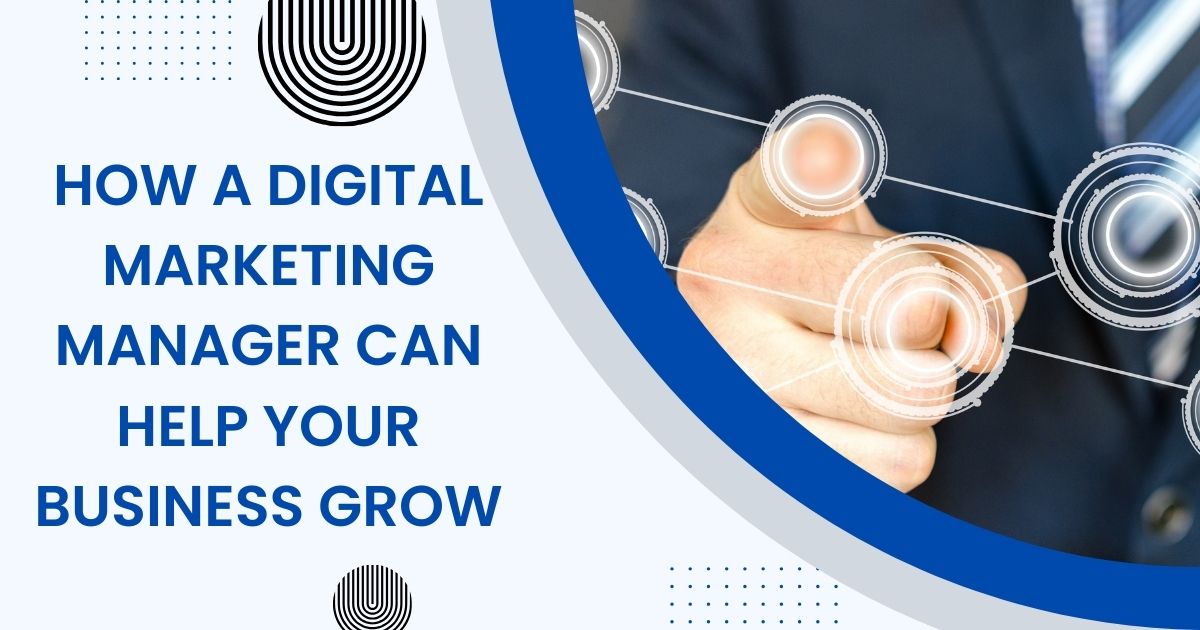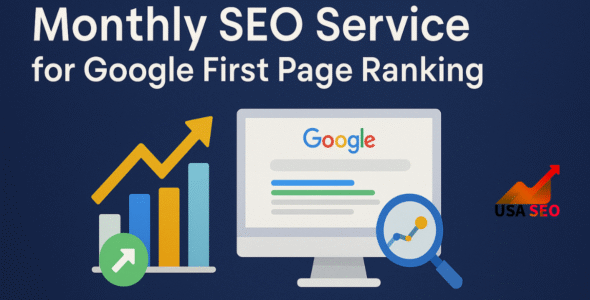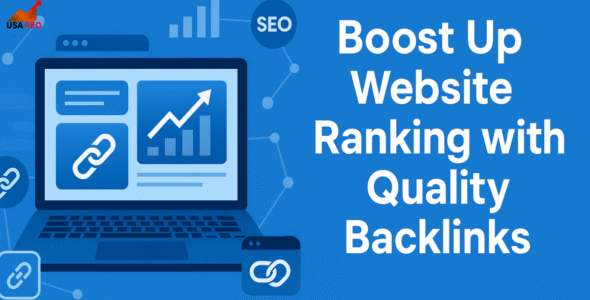A digital marketing manager is very important for taking your business to new heights because they know how to use technology well. They increase their online exposure, bring in focused visitors, and get people more involved by creating and adopting a personalized digital plan. They carefully handle SEO to enhance your website’s search engine results, manage content marketing to provide useful and relevant information and oversee social media efforts to build a strong brand presence.
Additionally, they harness the power of email marketing to develop leads and maintain customer connections. Through data-driven insights and performance analytics, a digital marketing officer continuously refines strategies to maximize ROI and achieve business goals. Their thorough method ensures that every digital touchpoint fits with your brand’s goals, encouraging growth and keeping a competitive edge in the market.
Knowing the Function of a Digital Marketing Manager
The Digital marketing officer is needed to make sure that a company’s online presence is handled well and that its digital methods work. As part of this job, you will build and carry out a full digital marketing plan that includes social media management, SEO, and content marketing. The manager is in charge of making the website more noticeable, getting focused traffic, and keeping people interested with interesting material.
They look at data to keep track of progress, make plans better, and make efforts work better. In addition, they are in charge of email marketing, make sure that messages are accepted well, and help build ties with customers. A Digital Marketing Manager uses data and a variety of digital tools to make sure that every project fits with the company’s goals. This leads to growth and improves the brand’s place in the market. Their plan direction and hands-on management are very important for long-term success in the digital world.
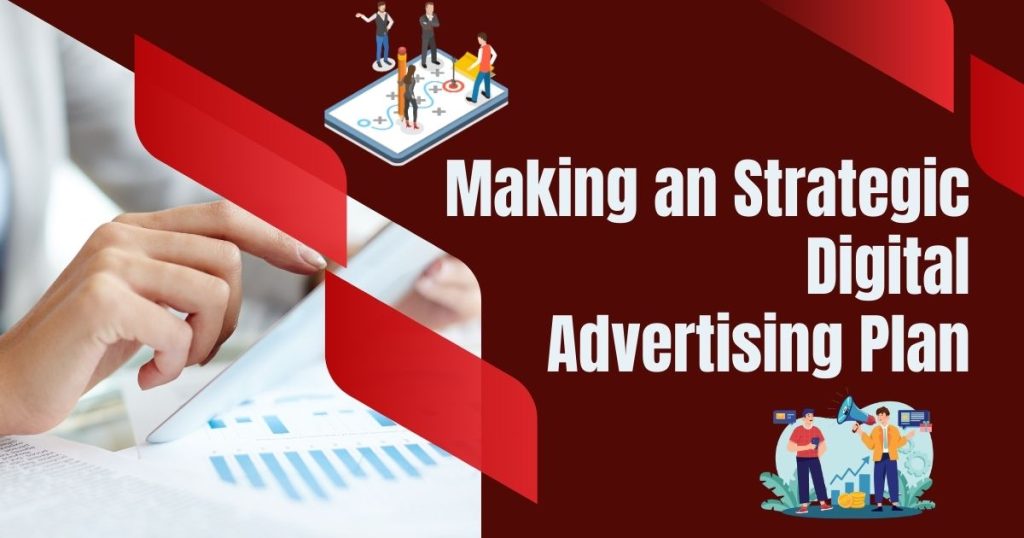
Making an Strategic Digital Advertising Plan
Crafting a strategic digital marketing plan involves a careful process to match your business goals and drive measured results. This plan starts with a full study of your present digital footprint, business prospects, and target group. A Digital Marketing officer then sets clear, actionable goals and finds key performance indicators (KPIs) to track success.
The approach usually includes a mix of SEO to improve search results, content marketing to connect and teach your audience, and social media management to build brand recognition. Additionally, it uses email marketing strategies to promote customer relationships and drive sales. The plan is dynamic, adding data-driven insights to constantly improve methods and optimize performance.
By matching digital efforts with business goals and employing thorough analytics, a well-crafted digital marketing plan guarantees that your online projects effectively contribute to achieving long-term growth and competitive edge.
• SEO Optimization Ensuring your website ranks highly on search engines to drive inbound traffic.
• Content Creation Developing high-quality, interesting material suited to your target group.
• Social Media Management Leveraging sites like Facebook, Instagram, and LinkedIn to build Brand
• Email Marketing Creating focused email programs to develop leads and keep business relationships.
SEO Strategies for Enhanced Visibility Search Engine Optimization (SEO) is a cornerstone of digital marketing. A skilled Digital Marketing Manager uses various SEO methods to boost your website’s exposure and ranking on search engines. These methods include
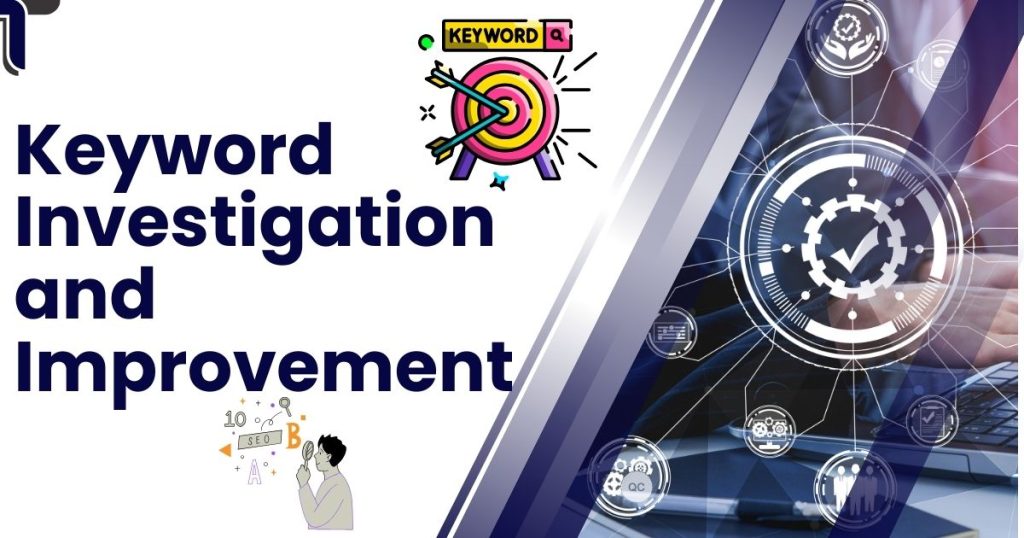
Keyword Investigation and Improvement
Keyword study and improvement are basic components of a good digital marketing plan. This process starts with finding the most relevant and high-performing keywords that your target audience uses when looking for goods or services similar to yours. A digital marketing manager performs in-depth studies using tools like Google Keyword Planner and SEMrush to discover valuable terms with ideal search traffic and low competition.
These terms are then carefully combined into your website’s content, including page names, meta descriptions, and headers, to enhance its exposure and ranking on search engines. Effective term optimization also involves making high-quality, relevant content that meets the user’s purpose and provides useful information. By constantly tracking term performance and changing tactics based on data insights, businesses can keep their competitive edge and drive more organic traffic to their site, eventually improving their online profile and conversion rates.
On-Page SEO
On-page SEO focuses on enhancing individual web pages so that they rank better and get more relevant traffic. Key aspects include improving title tags, Meta descriptions, header tags, and ensuring that material is organized clearly and is easily understandable.
Technical SEO
Technical SEO handles the inner parts of your website that affect its exposure and performance.This includes increasing site performance, assuring mobile accessibility, and repairing broken connections. A Digital Marketing officer Monitors and fixes these problems to ensure a smooth user experience.
Link Building
Link building includes getting high-quality backlinks from reputable websites. This not only drives link traffic but also signals to search engines that your content is valuable and trustworthy. A Digital Marketing officer creates a strategy to build and keep a strong backlink profile.
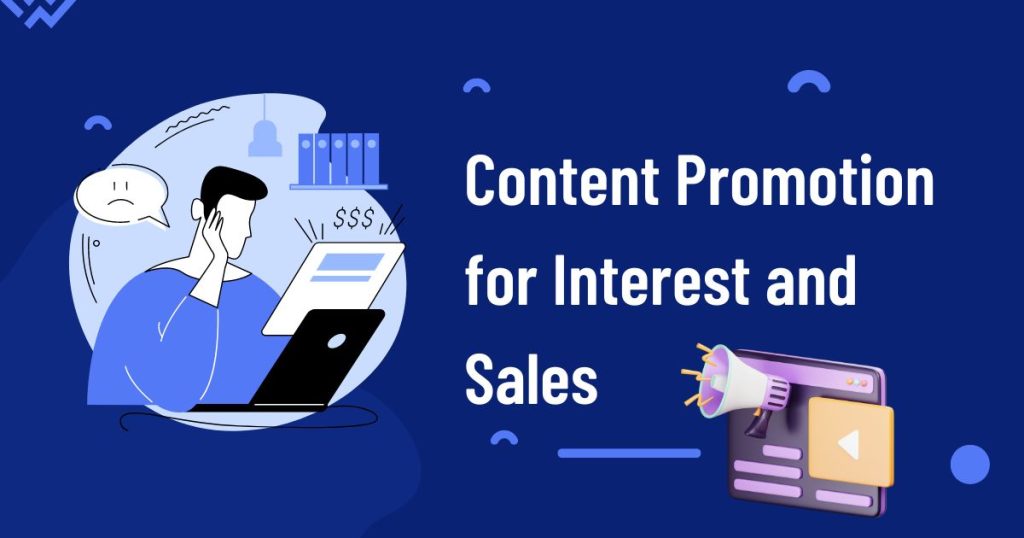
Content Promotion for Interest and Sales
Material marketing is important for driving connection and sales, as well as leveraging high-quality, useful material to draw and keep your target audience. A digital marketing manager creates a content plan that includes blog posts, articles, and multimedia such as slideshows and movies to meet the needs and hobbies of your audience.
This material not only teaches and explains but also encourages engagement and builds trust with your brand. Improving material with strategic SEO practices, such as adding targeted terms and ensuring readability, improves search engine exposure and drives organic traffic. Additionally, appealing calls-to-action (CTAs) within the content guide users toward conversion points, such as signing up for emails or making a purchase.
Regularly updating and improving content based on performance analytics ensures it stays current and effective, eventually boosting engagement rates and increasing the possibility of turning viewers into loyal customers.
Posts for Blogs and Posts
Regularly updated blog posts and stories provide useful information to your community while improving SEO. A Digital Marketing officer guarantees that material is well-researched, interesting, and optimized for relevant keywords.
Infographics and Visual Content
Infographics and visual material improve user interaction and make difficult information more digestible. A Digital Marketing officer creates and spreads highly appealing content to grab attention and encourage sharing.
Video Marketing
Video marketing is an effective way to connect with your audience and deliver your business message. A Digital Marketing officer creates a video strategy that includes making advertising videos, lessons, and customer reviews to improve interest and sales rates.

Social Media as a Strategy for Building a Brand
A strong social media plan is important for effective brand building. A Marketing Manager creates and performs plans that leverage platforms like Facebook, Instagram, and LinkedIn to improve brand exposure and connect with your target audience. This involves making and sharing engaging content that connects with fans, supporting important interactions, and driving brand loyalty.
By utilizing focused social media ads and data, the approach can be improved to maximize reach and effect. Consistent, real involvement helps create a strong brand presence, encourages community building, and eventually supports long-term business growth and customer retention.
Audience Engagement
Engaging with your audience through comments, messages, and stories helps build a loyal group. A Digital Marketing Manager watches social media exchanges and ensures quick and effective replies.
Content Distribution
Sharing material across social media sites improves its spread and drives traffic to your website. A Marketing Manager plans and directs posts to ensure regular and effective content sharing.
Advertising Campaigns
Social media advertising allows for tailored marketing to specific groups. A Digital Marketing plan creates and runs paid programs to reach potential customers and achieve specific marketing goals.
Email Communication for keeping clients
Email marketing remains a strong tool for maintaining customer relationships and driving return business. A Digital Marketing officer creates tailored email programs, including
Newsletters
Regular newsletters keep your audience updated about business changes, discounts, and industry news. A Digital Marketing officer creates engaging emails that drive interest and sales.
Drip Campaigns
Drip programs are scheduled series of emails sent to develop leads and guide them through the sales process. A Digital Marketing officer plans these programs to give timely and relevant material to prospects.
Personalized Emails
Personalized emails tuned to individual tastes and habits improve interaction and conversion rates. A Digital Marketing officer uses data insights to create targeted email content that connects with readers.
Stats and Effectiveness Track Analytics and performance tracking are crucial for measuring the success of your digital marketing efforts. A Marketing Manager uses tools like Google Analytics to track key performance indicators (KPIs), including
• Website traffic: tracking the number of visits to your website and their activity.
• Conversion Rates measure the number of users who take desired actions, such as making a buy or filling out a form.
• Campaign Performance measures the success of marketing strategies to improve future efforts.
By constantly studying data and changing strategies, a Digital Marketing Manager guarantees that your marketing efforts will yield the best possible results.
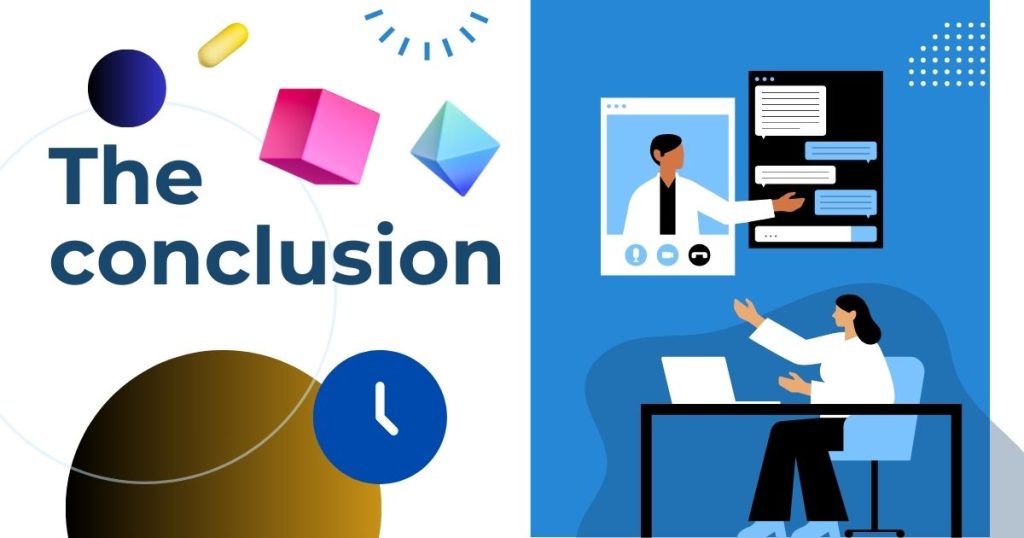
The conclusion
In conclusion, a Digital Marketing Manager is important in driving your business’s growth and success in the digital environment. By carefully creating and performing a complete digital strategy, they enhance your online exposure, connect your target audience, and improve performance across various platforms. From SEO and content marketing to social media management and email marketing, their diverse methods guarantee that every part of your digital profile fits with your business goals.
Through constant analysis and planned changes, they help you achieve sustainable growth, improve ROI, and keep a competitive edge. Embracing the knowledge of a Digital Marketing officer is a smart investment that can greatly push your business forward in today’s digital world
 My Account
My Account 